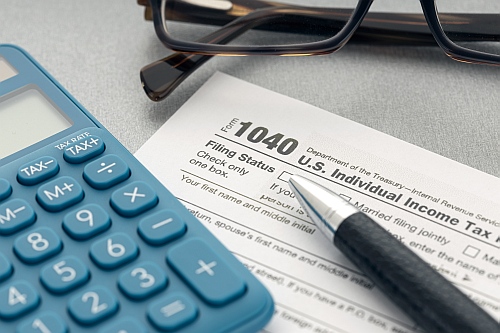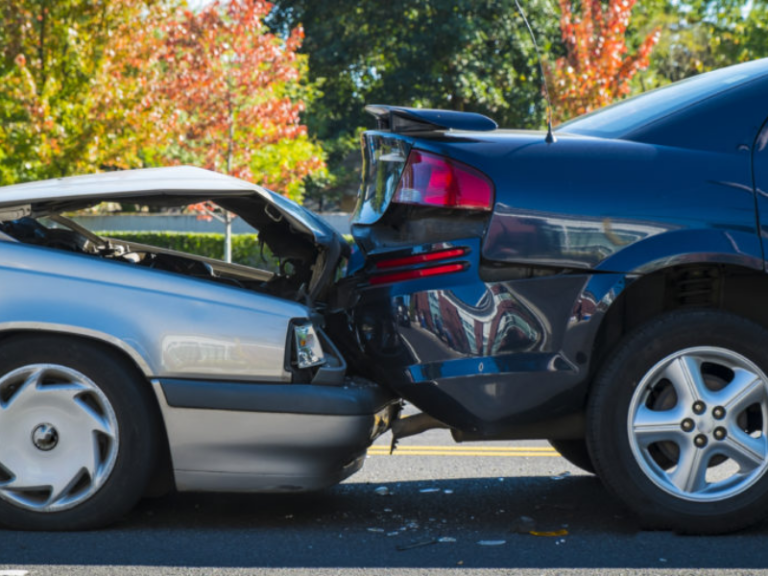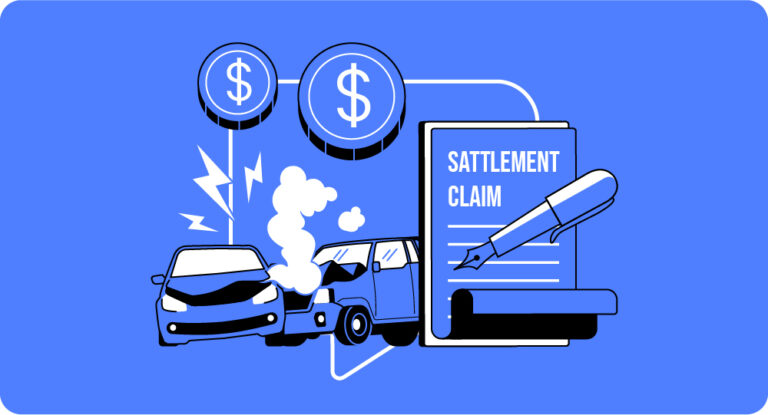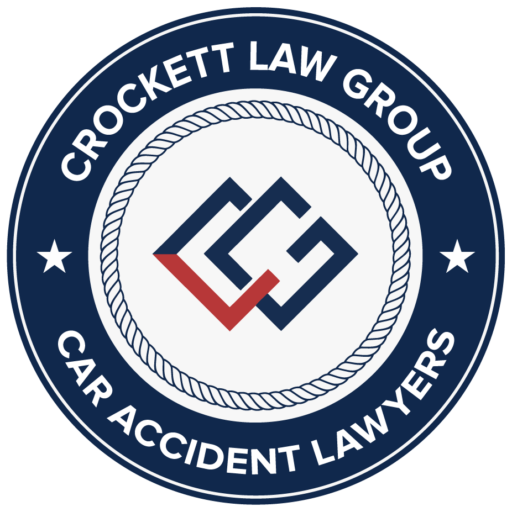- Personal Injury
Reading Time: 4 minutes
If you recently received a personal injury settlement in California and are wondering if you need to pay taxes on it, the answer isn’t as straightforward as you might think. While some parts of your settlement may be tax-free, others could be subject to taxation.
It’s important to understand which portions of your settlement are taxable so that you don’t get hit with an unexpected bill from the Internal Revenue Service (IRS) later on.
An experienced Palm Springs personal injury attorney can advise you on what parts of a personal injury settlement are subject to taxes in California so that you can make informed decisions about how to manage your finances going forward.

Taxability of Personal Injury Settlements in California
When you receive a personal injury settlement in California, the state does not tax the entire amount. Instead, California taxes only the portion of your settlement that compensates you for your economic losses. The tax rate is based on the highest marginal tax rate in the state, which is currently 13.3%. There are some exceptions to this general rule. For example, if you settle a workers compensation claim, the settlement is not subject to taxation. Similarly, if you settle a claim for medical malpractice, the settlement is not subject to taxation. However, if you settle a personal injury claim that is not related to workers compensation or medical malpractice, the settlement is subject to taxation. This includes settlements for car accidents, slip and fall accidents, and other types of personal injury claims. If you are a resident of California and you receive a personal injury settlement from another state, you may still be required to pay taxes on the settlement amount. This is because California has what is known as a “reciprocal agreement” with many other states. Under these agreements, each state agrees to tax the income earned by residents of the other state, including personal injury settlements.Which Parts of a Personal Injury Settlement Are Taxable?
If you’re wondering which parts of your personal injury settlement are taxable in California, know that the answer depends on the specific details of your case. Here are some general guidelines to help you understand which parts of your personal injury settlement may be subject to taxes, according to the IRS’s Settlements-Taxability guidelines.Compensation for Lost Wages
Compensation for lost wages is generally taxable because your income would have been taxed if you were able to work. You will need to pay both federal and state income tax, along with Medicare and Social Security, on any compensation for lost wages.Punitive Damages
Punitive damages are generally taxable because they are not considered to be related directly to your injuries or losses, but are designed to be a method of additional punishment for the defendant.
Medical Expenses
Medical expenses are typically not taxable, but this depends on the circumstances of your case. For instance, these expenses become taxable if you covered medical costs for over a year or if you added an itemized deduction to medical cost taxes in previous years.Pain and Suffering
Pain and suffering or emotional distress settlements are not typically taxable in California, provided they are the result of physical injuries you sustained in the same incident, meaning that if you receive compensation for both emotional and physical injuries, the settlement may be entirely non-taxable. It’s important to note that these are just general guidelines – the actual taxability of your settlement will depend on the specifics of your case. If you’re unsure about whether or not something is taxable, speak with a tax professional or a Palm Springs personal injury lawyer to get clarification.Other Considerations When Settling a Personal Injury Case
Keep in mind that even if you are successful in settling your personal injury case, there may be other considerations that can impact the amount of money you ultimately receive. For example, if you have medical insurance, your insurer may have a lien on any settlement funds you receive to reimburse them for the costs they paid on your behalf. Similarly, if you have outstanding medical bills, your settlement check may be used to pay off those debts. It is also worth noting that while most personal injury settlements are paid out in a lump sum, some insurers may opt to make periodic payments instead. If this is the case, it is important to be aware that each individual payment you receive may be considered taxable income.How a Palm Springs Personal Injury Lawyer Can Help You With Your Settlement
If you are considering a personal injury settlement in California, it’s important to understand if your settlement is subject to taxes and if so, which parts will be considered by the IRS. A Palm Springs personal injury lawyer can help you determine which parts of your settlement are taxable and how to minimize your tax liability. For example, they can recommend that you allocate more of the settlement towards physical injuries rather than punitive damages. They can also help you negotiate with the other party to have them pay any taxes that may be due on the settlement. Generally, damages that are awarded for physical injuries or property damage are not taxable. This includes compensation for pain and suffering, lost wages, and medical expenses. However, if you receive punitive damages or interest on your settlement, those may be taxable.Schedule Your Free Consultation Today!
Knowing what parts of a personal injury settlement are subject to taxes in California is important when you’re considering filing a claim. It’s important to be aware that the court may require you to pay certain taxes on some or all of the settlement depending on your individual circumstances. If you have any questions about these tax implications, contact us today to schedule a free consultation with a Palm Springs injury lawyer who can provide information and guidance specific to your case.
Kevin Crockett
Kevin Crockett is an award-winning personal injury lawyer who understands the impact an accident can have on someone’s life. That’s why he aggressively fights for each of his clients.






